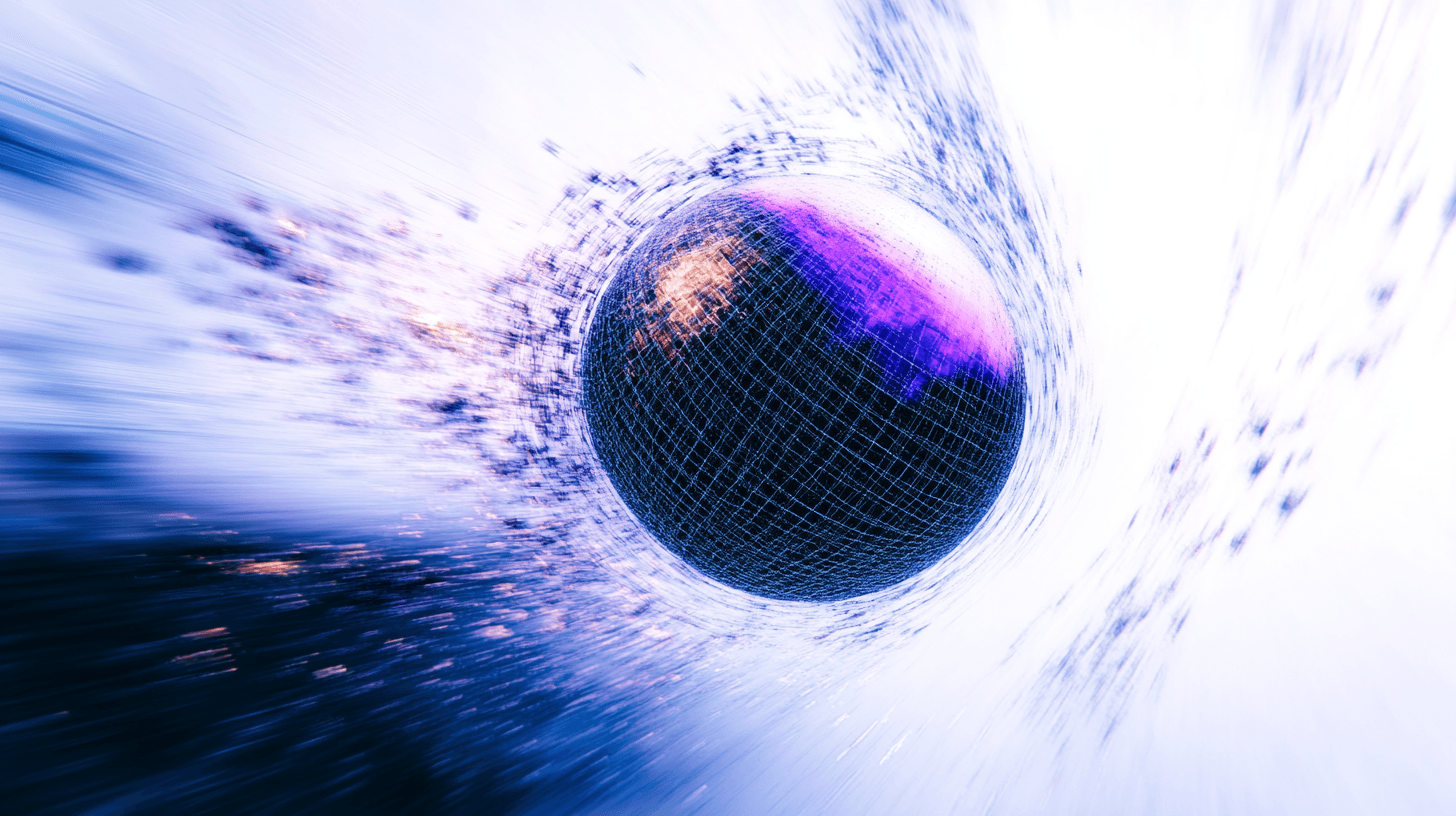Google DeepMind hires key OpenAI Sora researcher for 'world simulator' project

Tim Brooks, research lead behind OpenAI's Sora video generation system, has announced that he is joining Google DeepMind.
Brooks stated on X that he will be working on video generation and world simulators at his new position. "Can't wait to collaborate with such a talented team," Brooks wrote. He thanked OpenAI for "amazing two years at OpenAI making Sora."
Brooks' move to Google DeepMind may indicate the tech giant's ambitions to strengthen its capabilities in AI-powered video generation. OpenAI's introduction of Sora in February created significant buzz and put pressure on competitors.
Google DeepMind CEO Demis Hassabis enthusiastically welcomed Brooks, hinting at broader goals: "So excited to be working together to make the long-standing dream of a world simulator a reality!!"
From video generation to world simulation
Brooks' departure is a setback for OpenAI, which sees Sora as an important step towards artificial general intelligence (AGI). OpenAI claims that as well as creating stunning videos, Sora can simulate and understand the physical world - a controversial theory.
But Google has yet to make a breakthrough in video AI comparable to Sora. However, the company has long been researching various video AI and vision projects such as Project Astra, Veo, Imagen Video and Phenaki.
OpenAI is reportedly working on an improved version of Sora to generate longer, higher-quality video clips more quickly. However, there is no concrete timeline for its release. Since Sora's unveiling in February, the AI video market has developed rapidly, with a number of new competing products launched by Chinese companies and model updates released by US companies such as Luma AI, RunwayML and Pika.
AI News Without the Hype – Curated by Humans
As a THE DECODER subscriber, you get ad-free reading, our weekly AI newsletter, the exclusive "AI Radar" Frontier Report 6× per year, access to comments, and our complete archive.
Subscribe nowAI news without the hype
Curated by humans.
- Over 20 percent launch discount.
- Read without distractions – no Google ads.
- Access to comments and community discussions.
- Weekly AI newsletter.
- 6 times a year: “AI Radar” – deep dives on key AI topics.
- Up to 25 % off on KI Pro online events.
- Access to our full ten-year archive.
- Get the latest AI news from The Decoder.